Project funded under the National Recovery and Resilience Plan (NRRP), Mission 4, Component 2, Investment 1.1 — Call for tender No. 1409/2022 of 14/09/2022 of the Italian Ministry of University and Research funded by the European Union – NextGenerationEU. Award Number: P2022RT4AT_001, Concession Decree No. 1371 of 01/09/2023 adopted by the Italian Ministry of University and Research, CUP I53D23006890001, Controlling and Utilizing Uncertainty in the Health Sciences.
Duration: 30/11/2023 – 30/11/2025
Principal Investigators: Alexander Gebharter (UNIVPM) & Lorenzo Rossi (University of Turin)
Project Description
Uncertainty threatens the reliability of scientific results and inferences in the health sciences as well as the efficacy of public health policies. Uncertainty arises from the awareness that different flaws may affect evidence sampling, formalization, and reporting. The methodological literature offers a rich variety of instruments to address many sorts of uncertainty affecting scientific inference. These tools are extremely important and indispensable; yet, it is precisely because of the quantity, variety, and sophistication of these instruments, and because of their heterogeneous theoretical bases, that a foundational reflection on this sort of topic may considerably contribute to their correct implementation and wider use in policy-making and decision making in general.
Philosophy of science and epistemology have been long contributing to this theme comprehensively. These contributions may help science and methodology to progress in three ways:
1. Provide the rationale for the “correctness” or “truth-conduciveness” of the methodological techniques developed so far, in order to track and measure uncertainty.
2. Help develop additional tools for types of uncertainty which have not yet been “operationalized” by methodologists.
3. Build a comprehensive framework where such tools can be combined and put them into perspective (a taxonomy of uncertainty for a taxonomy of methods to track it).
Recent developments in formal epistemology and logic provide promising methods to address these issues. They enable one to represent the components of a scientific model, to determine its causal relations, and to operate formally on it, isolating the sources of uncertainty and weighing the impact of critical factors (biases, errors, etc.). The goal of this project is to draw on these developments in order to:
1. Analyze and categorize the different sources of uncertainty in the health sciences.
2. Draw on recent advances in Bayesian epistemology, causal modeling, logic, and AI to make these sources explicit and technically controllable.
3. Systematically explore the role of these sources of uncertainty for confirmation, further evolve these models, and develop new strategies to make scientific inferences more reliable.
Benefits: On the theoretical side, the project promises to improve the accuracy of our interpretation of scientific data and of the resulting models. On the practical side, having developed a principled way to minimize or utilize uncertainty in the interpretation of data, will also provide a rigorous method to reduce the risks in developing health policies based on data and results that are usually connotated by severe epistemic uncertainty. To make these results practically applicable, we develop a prototype software that allows scientists and policymakers to input known and unknown sources of uncertainty and to compute their effects on the confirmatory impact of the available evidence.
Project Members (Ancona Unit)
 | Andrea Carsetti Contact: Department of Biomedical Sciences and Public Health Faculty of Medicine and Surgery Marche Polytechnic University Via Tronto 10A 60126 Ancona Italy Email: a.carsetti@staff.univpm.it Webpage: https://www.univpm.it/Entra/Docenti_1/Medicina_e_chirurgia_1/docname/idsel/813/docname/ANDREA%20CARSETTI |
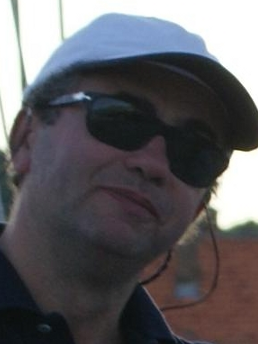 | Aldo Dragoni Contact: Department of Information Engineering Faculty of Engineering Marche Polytechnic University Via Brecce Bianche 12 60131 Ancona Italy Email: a.f.dragoni@univpm.it Webpage: https://www.univpm.it/Entra/Ingegneria_1/docname/idsel/196/docname/ALDO%20FRANCO%20DRAGONI |
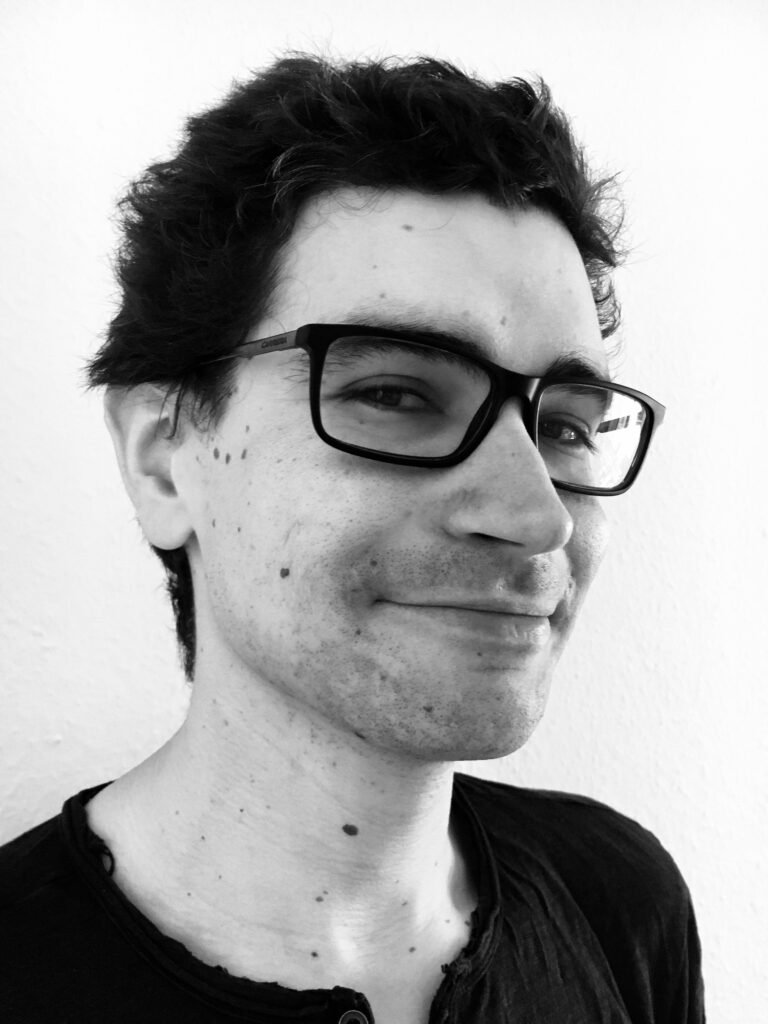 | Alexander Gebharter (PI) Contact: Department of Biomedical Sciences and Public Health Faculty of Medicine and Surgery Marche Polytechnic University Via Tronto 10A 60126 Ancona Italy Email: a.gebharter@univpm.it Webpage: www.alexandergebharter.com |
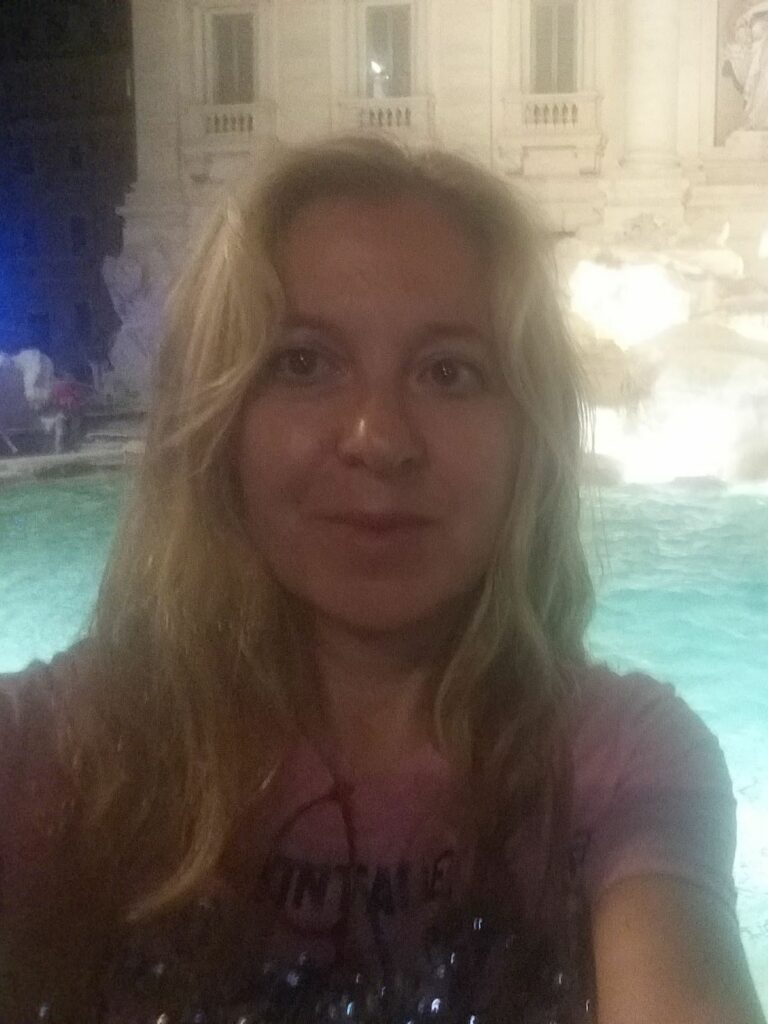 | Barbara Osimani Contact: Department of Biomedical Sciences and Public Health Faculty of Medicine and Surgery Marche Polytechnic University Via Tronto 10A 60126 Ancona Italy Email: b.osimani@univpm.it Webpage: |
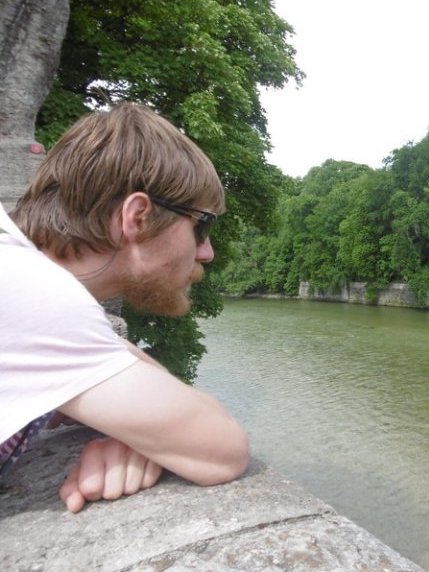 | Contact: Department of Biomedical Sciences and Public Health Faculty of Medicine and Surgery Marche Polytechnic University Via Tronto 10A 60126 Ancona Italy Email: michalpsikorski@gmail.com Webpage: https://sikorskiphilosophy.wordpress.com |
Project Members (Turin Unit)
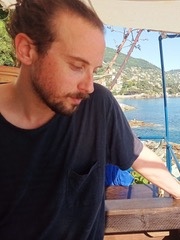 | Matteo Baggio Contact: Department of Philosophy and Education University of Turin via Sant’Ottavio 20 10124 Turin Italy Email: matteo.baggio@unito.it Webpage: https://philpeople.org/profiles/matteo-baggio |
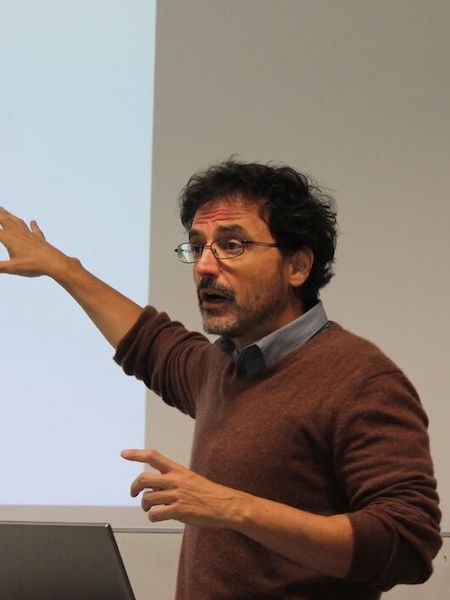 | Vincenzo Crupi Contact: Department of Philosophy and Education University of Turin via Sant’Ottavio 20 10124 Turin Italy Email: vincenzo.crupi@unito.it Webpage: www.vincenzocrupi.com |
 | Andrea Iacona Contact: Department of Philosophy and Education University of Turin via Sant’Ottavio 20 10124 Turin Italy Email: Webpage: |
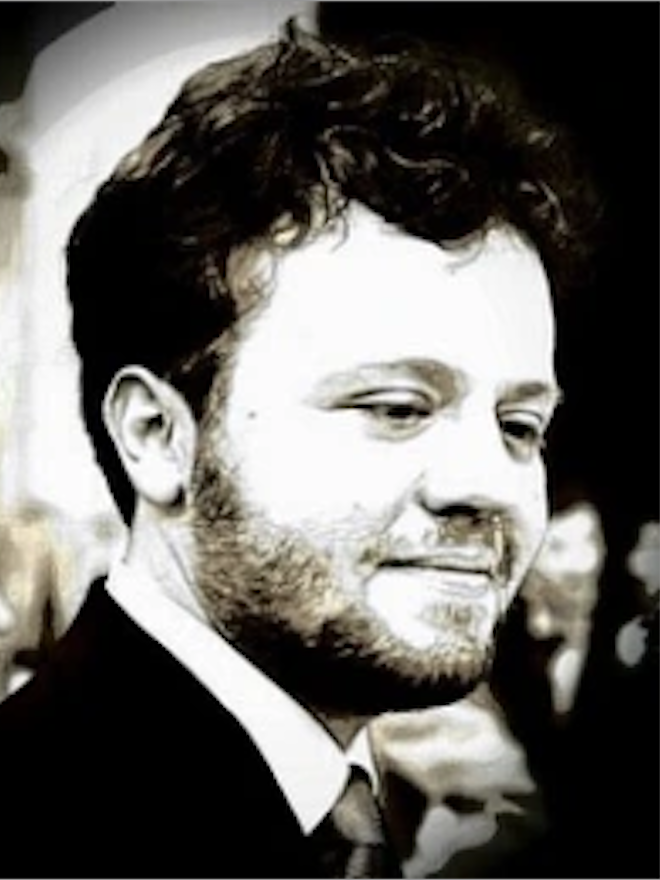 | Lorenzo Rossi (PI) Contact: Department of Philosophy and Education University of Turin via Sant’Ottavio 20 10124 Turin Italy Email: lo.rossi@unito.it Webpage: https://lorenzorossi.org |
Events
| 04/09/2025: Workshop | Causal Inference in Science: Metaphysics and Methodology |
| Date & Time: 4 September 2025 Location: Unipark, Erzabt-Klotz Straße 1, 5020 Salzburg, Austria Organization: Zhitao Zhang & Alexander Gebharter Speakers: – Elisa D’Olimpio (CPSP, Marche Polytechnic University) – Sepehr Ehsani (University College London) – Alexander Gebharter (CPSP, Marche Polytechnic University) – Stavros Ioannidis (National and Kapodistrian University of Athens) – Barbara Osimani (CPSP, Marche Polytechnic University) – Stathis Psillos (National and Kapodistrian University of Athens) – Julian Reiss (University of Linz) – Michał Sikorski (CPSP, Marche Polytechnic University) – Zhitao Zhang (University College London) In philosophy of science, causality has become an increasingly popular topic. Many scientific claims and laws are stated in causal terms. For example, we say that a solar storm caused signal jamming. Though the laws of electromagnetism can be used to explain this phenomenon, it is usually the causal relation on which our actions are based—we monitor the solar activities because we know that solar storms can cause signal jamming (whatever the exact mechanism). On the other hand, causal relations are different from logical and statistical relations. Inference about causal relations is usually more complex and requires more specific background assumptions. Causality is deeply connected to other concepts such as correlation and manipulation. The discussions about causality and causal inference in science encompass diverse perspectives. This workshop’s focus lies on the intersection of metaphysics and methodology. Exemplary questions to be addressed are: – How should we understand and conceptualize causality? – Which properties of the causal relation are relevant for science? – To what extend do contemporary methods for causal inference track the metaphysical concept of causality and under which conditions do they succeed? For more information see the conference webpage: https://cpsp.univpm.it/news-events/causal-inference-in-science-metaphysics-and-methodology/ |
| 13/12/2024: Workshop | What is Scientific Evidence? Foundations, Models, and Methods |
| Date & Time: 13 December 2024 Location: Faculty of Medicine and Surgery, Marche Polytechnic University, Ancona, Italy Speakers: – Marco Berzano (Univpm) – Abele Donati (Univpm) – Elisa Damiani (Univpm) – Agnese Secondo (Univpm) – Christmas Brunch – Barbara Osimani (Univpm) – Aldo Dragoni (Univpm) – Alexander Gebharter (Univpm) – Paolo Baldi (Unisalento) – Marco Piangerelli (Unicam) – Francesco Spegni (Univpm) – Alessio Tacca (IUSS) – Nicola Matteucci (Univpm) – Micol Bronzini (Univpm) |
| 12/09/2024: Workshop | Causality: Ontology, Epistemology, and the Scientific Method |
| Date & Time: 12 September 2024 Location: Unipark, Erzabt-Klotz Straße 1, 5020 Salzburg, Austria Organization: Michał Sikorski, Alexander Gebharter, & Barbara Osimani Speakers: – Lorenzo Casini (University of Bologna) – Alexander Gebharter (CPSP, Marche Polytechnic University) – Vera Hoffmann-Kolss (University of Bern) – Barbara Osimani (CPSP, Marche Polytechnic University) – Michał Sikorski (CPSP, Marche Polytechnic University) – Naftali Weinberger (MCMP, Ludwig Maximilian University Munich) The workshop brings together experts on causation in order to combine discussions of causation from a metaphysics but also from a more methodological perspective. It is part of the annual SOPhiA graduate conference. For more information see the workshop webpage: https://cpsp.univpm.it/news-events/causality-ontology-epistemology-and-the-scientific-method-workshop/ |
| 29/08/2024: Conference | Probabilistic Reasoning in the Sciences |
| Date & Time: 29-31 August 2024 Location: Faculty of Economics, Marche Polytechnic University, Ancona, Italy Organization: Michał Sikorski, Alexander Gebharter, & Barbara Osimani Keynote Speakers: – Leah Henderson, University of Groningen – Saana Jukola, University of Twente – David Papineau, King’s College London – Jan-Willem Romeijn, University of Groningen – Elliott Sober, University of Wisconsin – Jan Sprenger, University of Turin – Katja Tentori, University of Trento The conference aims to explore and discuss various aspects of probabilistic reasoning within scientific inquiry and will serve as the kick-off event for the “Controlling and Utilizing Uncertainty in the Health Sciences” project, funded by the Italian Ministry of Research (Principal Investigators: Alexander Gebharter and Lorenzo Rossi), as well as the new Center for Philosophy, Science, and Policy (CPSP) at the Marche Polytechnic University. For more information see the conference webpage: https://cpsp.univpm.it/news-events/conference/ |
| 27/06/2024: Workshop | Substructural and Non-Classical Logics |
| Date & Time: 27-28 June 2024 Location: Sala Lauree, Complesso Aldo Moro, Via Giuseppe Verdi, 10123 Torino Organization: Lorenzo Rodssi Speakers: Guillermo Badia (University of Queensland) Paolo Baldi (Università del Salento) Quentin Blomet (École Normale Supérieure, Paris) Agustina Borzi (Universidad de Buenos Aires, CONICET) George Metcalfe (Universität Bern), Alessandra Palmigiano (Vrije Universiteit Amsterdam) Guendalina Righetti (Universitetet i Oslo) Damian Szmuc (Universidad de Buenos Aires, CONICET) Matteo Tesi (Technische Universität Wien) Peter Verdeé (Université Catholique de Louvain) Javier Viñeta García (Universidad de Navarra) Elia Zardini (Universidad Complutense de Madrid) The workshop aims at bringing together philosophers, computer scientists, and mathematicians working on substructural, many-valued, and more generally non-classical logics. For more information see the workshop webpage: https://lorenzorossi.org/conferences/plexus-workshop-on-substructural-and-non-classical-logics/ |
| 07/12/2023: Workshop | Probabilistic Reasoning in the Health Sciences |
| Date & Time: 13 December 2023, 14:00 CET Location: Sala Mascagni, Hotel Quirinale, Rome, Italy Organization: Barbara Osimani & Alexander Gebharter Speakers: Aldo Dragoni (UNIVPM) Alexander Gebharter (UNIVPM) Giampietro Gobo (Università degli Studi di Milano) Barbara Osimani (UNIVPM) Laura Teodori (ENEA) |
| 30/11/2023: Workshop | Vagueness, Truth, and Semantic Indeterminacy |
| Date & Time: 30 November – 1 December 2023 Location: Sala Lauree Gallino, Palazzo Nuovo, Via Sant’Ottavio 20, 10124 Torino Organization: Lorenzo Rossi Speakers: Riccardo Bruni (University of Florence) Maria Beatrice Buonaguidi (King’s College London) Luca Castaldo (University of Warsaw) Michael Glanzberg (Rutgers University) Chris Kennedy (University of Chicago) Poppy Mankowitz (University of Bristol) [Talk cancelled] William Nava (New York University) Carlo Nicolai (King’s College London) Diana Raffman (University of Toronto) Lorenzo Rossi (University of Turin) Robert van Rooij (University of Amsterdam) Johannes Stern (University of Bristol) The workshop aims at bringing together linguists, philosophers, and logicians working on truth and vagueness, but also more generally on phenomena related to semantic indeterminacy, in both formal and natural languages. For more information see the workshop webpage: https://lorenzorossi.org/conferences/workshop-truth-vagueness-and-semantic-indeterminacy/ |
Publications
Sikorski, M. (forthcoming). Epistemology of replicability. In R. Fouché (Ed.), Oxford Research Encyclopedia of Science, Technology, and Society. Oxford University Press.
Sikorski, M., Gebharter, A., & Osimani, B. (Eds.). (forthcoming). Probabilistic reasoning in the sciences [Topical collection]. Synthese.
Gebharter, A., Feldbacher-Escamilla, C. J., & Sikorski, M. (2026). A causal theory of suppositional reasoning. Philosophical Studies. Advance online publication. doi:10.1007/s11098-025-02472-z
Gebharter, A., & Osimani, B. (2026). The formal structure(s) of analogical inference. Erkenntnis, 91, 923-953. doi:10.1007/s10670-025-00934-8
Baggio, M. (2025). Counter-closure principles in the age of complex software systems: A generalized challenge from AI. Social Epistemology. Advance online publication. doi:10.1080/02691728.2025.2588583
Baggio, M. (2025). Knowledge from falsehoods reconsidered. Episteme. Advance online publication. doi:10.1017/epi.2025.10070
Baggio, M. (2025). Logical epistemology, social evidence, and the a priori. Synthese, 205(209), 1-28. doi:10.1007/s11229-025-05029-z
Rossi, L., Égré, P., & Sprenger, J. (2025). Certain and uncertain inference with trivalent conditionals. Australasian Journal of Philosophy, 103(3), 569-596.
Sikorski, M., Gebharter, A., & Osimani, B. (2025). Probabilistic reasoning in the sciences [Conference report]. The Reasoner, 19(1), 57-61. doi:10.54103/1757-0522/27544
Sikorski, M., Gebharter, A., & Osimani, B. (2025). Redefining representativeness of a sample in causal terms. Journal of Evaluation in Clinical Practice, 31(4), e70137. doi:10.1111/jep.70137
Sikorski, M., & Gebharter, A. (2025). The criminalist’s paradox as a counterexample to the principle of total evidence. British Journal for the Philosophy of Science. Advance online publication. doi:10.1086/735282
Gebharter, A., & Leuridan, B. (2024). Modelling cyclic causal structures. In P. M. K. Illari, & F. Russo (Eds.), Routledge handbook of causality and causal methods (pp. 269-280). Routledge. doi:10.4324/9781003528937-30
Rossi, L., & Bruni, R. (2024). Is truth a vague concept? Rivista di Filosofia, (3), 409-428.
Rossi, L., & Iacona, A. (2024). Naïve truth and the evidential conditional. Journal of Philosophical Logic, 53, 559-584.
Sikorski, M. (2024). Values, bias and replicability. Synthese, 203, 164. doi:10.1007/s11229-024-04573-4
Rossi, L., & Bruni, R. (2023). Truth meets vagueness: Unifying the semantic and the soritical paradoxes. Journal of Philosophical Logic, 52, 1637-1671.

